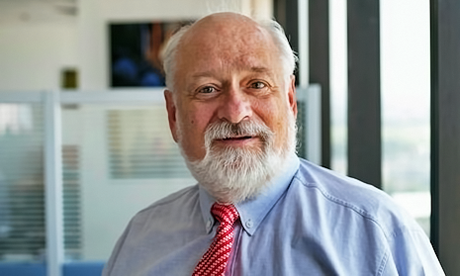I never met my uncle Martin.
If he were alive today, he would be in his 90s, but he died when he was three years old, victim of what would today be a minor infection. However, before the development of antibiotics there was no such thing as a minor infection.
Had Martin caught that infection two decades later, he probably would not have died. He was a victim of the not-yet that living when he did imposed upon him and his family.
That is the problem with living in time rather than some sort of timeless eternity. The past puts limits on us in the present while the future only tantalizes us with hopes and possibilities that may happen but will themselves be limited by constraints handed on from and through our time.
There is no such thing as “starting from scratch.” We cannot erase the past and start anew. We must build on what the past presents to us, advancing the good and ameliorating the bad. But we cannot start over.
Our action or inaction occurs in a context that shapes it and forces a response that falls short of any ideal. And so, my grandparents could only watch, weep and pray as their little boy suffered and died.
Jesus lived with the same limitations. The Incarnation means that he, though God the Son, was hemmed in by his time, his culture, his language, his religion, his education, his society and much else. He transcended many aspects of it.
But there was much he could not do. He and we can only live in the world we inherit and inhabit.
That is why searching Scripture for simple answers to modern challenges is seldom of use. WWJD (what would Jesus do?) today is unknowable because he did not have to “Do” what we must do.
That is one of the reasons that Christian doctrine and practice have evolved over the millennia: they must re-do their “Do” in every new age.
That uncomfortable truth faces us as we gaze horrified at Russia’s war against Ukraine.
While there are people — generally people far removed from reality — who like war for political or voyeuristic reasons, most of us want peace despite the different descriptions and conditions we might give to it.
Vladimir Putin has created a context of violence for Ukraine and the rest of the world that cannot be met solely by nonviolence. It must be met with varying degrees of regret-filled counter-violence.
The day when violence can be halted by non-violence has not yet come
The alternative is to allow violent bullying to go unconfronted in any realistically effective way. The war in Ukraine poses a challenge to absolute pacifism that would condemn any military action, or at least refrain from supporting it.
We know that the violent response to Russia’s attack and violations against the few norms to limit atrocities in war will do little to relieve the world of violence.
That response may even create a new Cold War if it does not expand to the broader World War 3 that Russia’s foreign minister has threatened.
In fact, by supplying Ukraine with weapons and military intelligence while damaging the Russian economy and oligarchs through sanctions and confiscations, other countries are engaging in that war by proxy.
Is there a realistic alternative? If it were possible to reset the world to a state where violence could, in fact, be headed off or halted by innocence, then non-violence of the sort epitomized by saints like Mohandas Gandhi and Martin Luther King would be more generally effective than it has been.
Thanks in part to their example, a case can be made that non-violence is growing as a way to defang the demon of violence. Perhaps through activities such as theirs the world will one day be violence-free. We can and must hope, pray and work for that day.
It took the worst war in history to stop the genocidal madness of Nazi Germany and Japan in the last century and there is no reason to believe that anything other than war would have done so.
One result of that horrific violence was revulsion toward much that was considered normal until then and is now deemed atrocity.
Russia’s use of indiscriminate urban bombing and the threat to use tactical nuclear, biological and chemical weapons are condemned as a throwback to a kind of warfare that in Europe at least has been outgrown.
So perhaps we are advancing, but the day when violence can be halted by non-violence has not yet come and we must live without a reset button in a world of not-yet.
That means that even we who follow the Prince of Peace must in some situations accede to and even participate in war with the hope that it may somehow make the situation better for those who come after us.
As my grandparents faced Martin’s illness and death, I assume they hoped for a day when other parents would not endure the same.
- William Grimm is a missioner and presbyter in Tokyo and is the publisher of UCA News.
News category: Analysis and Comment.




